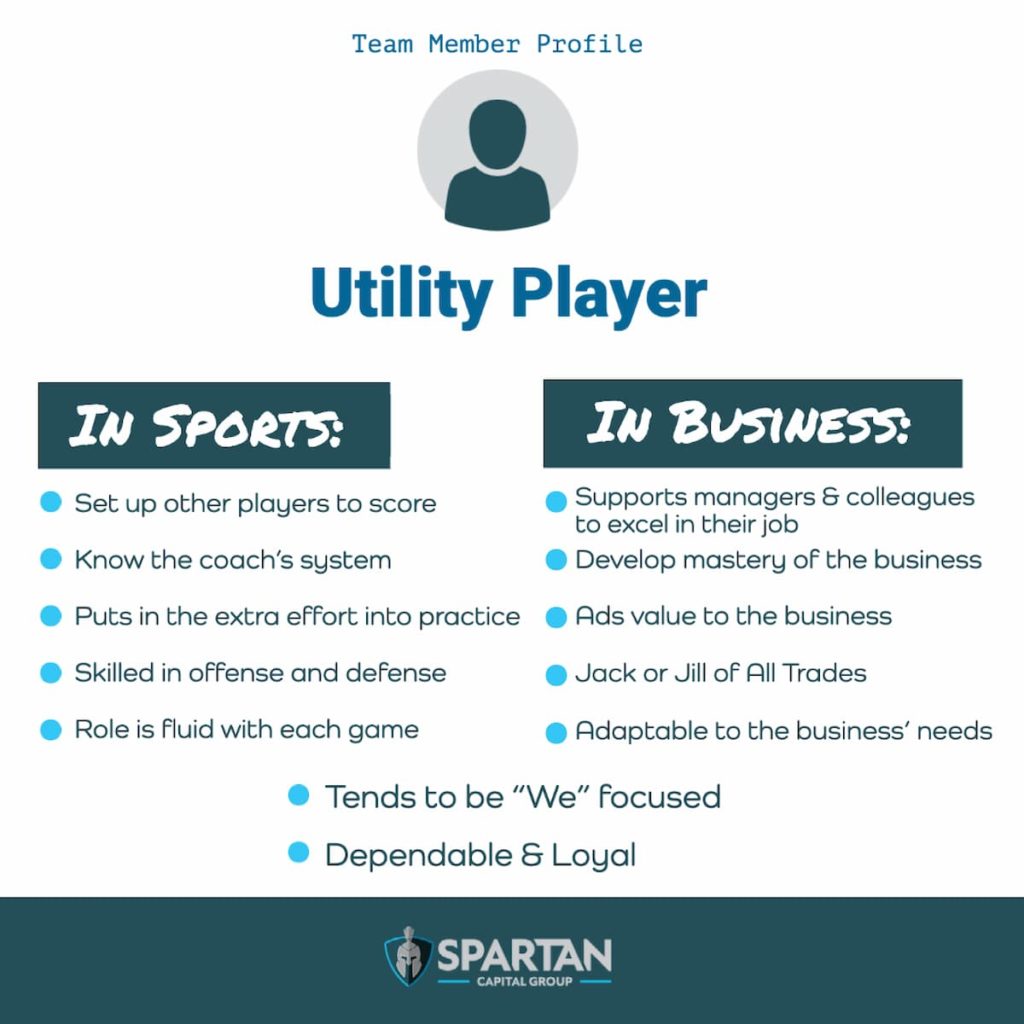
When we think about all-time greats in the realm of sports, we think of the record breakers and high scorers. These players are often positional players specialized and skilled in one aspect of the game. As a result, they are typically the players with the largest contracts and most media coverage.
In contrast, the definition of a utility player is “one who can play several positions competently.” They are above average in many areas and consistently provide solid numbers for the team. When looking at the season statistics for a utility player, they often are not the highest in the offensive or defensive statistics. The coach usually gives the utility player a lot of time on the field because they are confident in their performance and effort. They know that the goal of a utility player is to position the team for success in any way that they can. Despite these consistent results, utility players are often underrated.
There are tremendous similarities between a utility player in sports and in business. Consider your team for instance. Is there a person who is well-rounded, works hard, takes on new responsibilities, and pitches in wherever needed? This type of professional isn’t defined by their current role or skillset. They are always learning and growing. Yet we often take them for granted.

I’d like to challenge this trend. Having this type of loyal, dependable jack or jill of all trades is crucial to any team or organization. Because a utility player wears several hats in an organization, they are often the ones that find ways to increase efficiency and make the company better. They work with different groups in the business to achieve their objectives and tend to interface with more people in general which helps them build a stronger network. They can easily shift their role or responsibility to suit the present need of the organization. Having someone like this on their team allows a great leader to shine when a curveball is thrown their way.
I’ve seen this across multiple industries and departments in the businesses we serve. Whether it is Operations, IT, HR, Sales, or Finance, the utility player often acts as the “glue” within the team to meet the department’s objectives. With a wider range of skills and focus, they are able to see the bigger picture of a goal and help it to completion. If you remove a utility player, you will quickly notice a lack of cohesion and an increase in the disjointedness of the operation.
As utility players develop into leaders, their adaptability is crucial. When economic or industry changes present themselves, they are more apt to know when to stick with a 5-year plan or when to alter course. This adds an incredible amount of value to an organization. It is a wonder that the utility players, who consistently provide that kind of value, are rarely compensated to the level of the all-star players. Maybe it’s controversial, but I would argue that they should be paid the most.